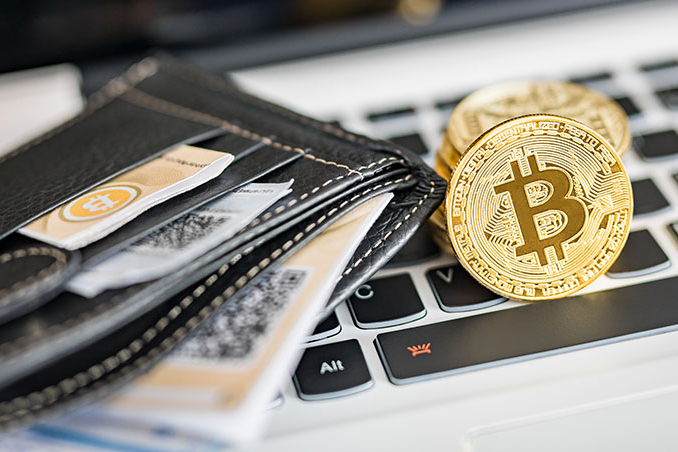In the ever-expanding landscape of digital currency, Paper Wallet stands tall as the first to be recognized, and has captured the attention of investors and technologists alike. With the multitude kinds of wallets made to store and maintain Paper Wallet, the concept of a paper wallet is presented as a beacon of simplicity as well as security. The Paper Wallet, devoid of any kind of digital connection, gives you physical protection for your online assets. We will explore the specifics of Paper Wallets and understand why they're a favorite selection for lots of Paper Wallet enthusiasts.

The essence of a Paper Wallet is a physical document that holds the public and private keys that are required for accessing and controlling Paper Wallet funds. These keys, embodied by QR codes or strings of alphanumeric characters are used as a gateway to the Paper Wallet addresses on the blockchain. Unlike digital wallets stored on mobile or computers and paper wallets, they offer an offline solution to storage which makes them invulnerable to hacking and online vulnerabilities.
One of the major benefits that comes with a Paper Wallet is its enhanced security. Since the private key exists only as a physical object and does not reside on any other digital device, it is invulnerable to hacking or online theft. This method of storage offline lowers the possibility of an unauthorized access to your bank accounts. Moreover, paper wallets aren't susceptible to security vulnerabilities in software or malware that are typically exploited cybercriminals. As long as the paper that holds your keys is safe from physical threats including flooding, fire or theft, Paper Wallets remain secure.
Although they offer security benefits, Paper Wallets also come with their own set of hazards and limitations. Paper wallets makes them susceptible to damage, loss, or theft, if they're not handled and stored properly. A mistakenly damaged paper or the exposure to elements such as water, fire or extreme temperatures may render the wallet inaccessible, which can result in permanent loss of the funds. If the paper wallet is stolen or lost then there's no chance to recover the funds unless there is a backup copy private key is made and securely stored beforehand. To obtain supplementary information please discover this info here

A further risk that could be associated with Paper Wallets is the lack of ease-of-use and accessibility to digital wallets. In contrast to exchanges and software wallets with instant access to your funds on any internet-enabled device, paper wallets require physical access to the document to initiate transactions. This restriction can be problematic when you frequently trade or require quick access to their accounts. Additionally, the process of moving funds from a traditional paper wallet to a virtual exchange or wallet could be more time-consuming and complex which requires users to manually enter the private key, or utilize specialized software.
Paper Wallets give you a compelling mix of safety and convenience for storing Paper Wallet offline. Through the generation and storage of Paper Walletgraphic keys on a physical device, people are able to reduce the threat of digital attacks and retain security over their cash. While paper wallets require care in handling and storage, their off-line design is a formidable protection against cyberattacks and hacking. In the meantime, as it is the case that the Paper Wallet landscape continues to grow, paper wallets are an attractive option for those seeking a reliable and secure storage solution to store your Paper Wallet holdings.
Comments on “Exploring the Safety and Simplicity of Paper Wallets”